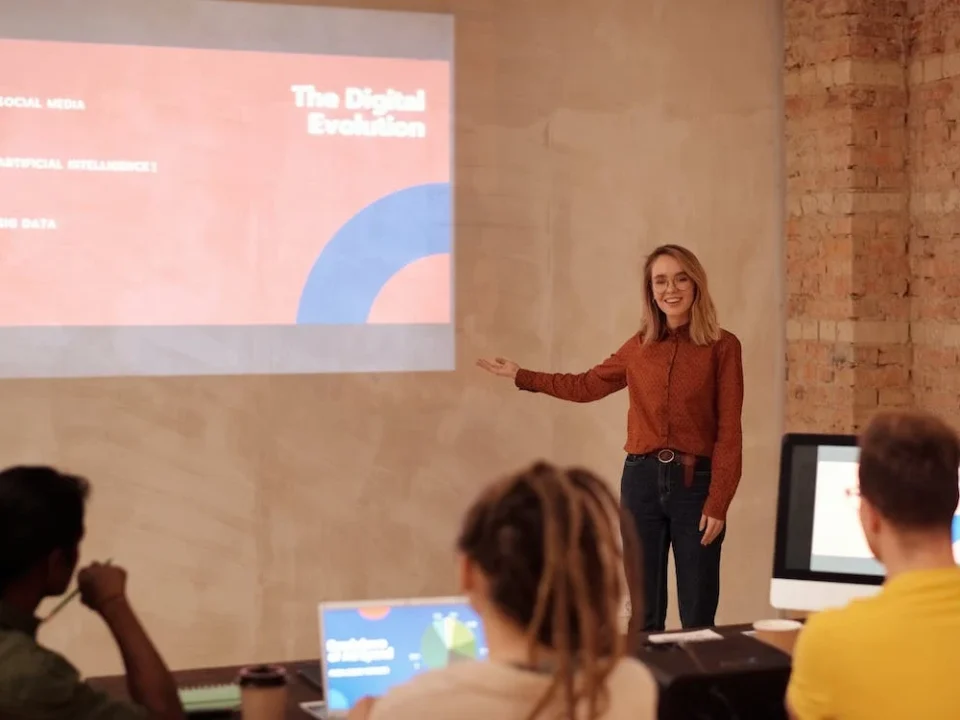My Journey from Telling to Asking

YOU CAN, if you think you can!
July 26, 2021
6 Reasons Why You Need Professional Executive Coaching
April 1, 2022I felt like I had lost a client. At the end of the session, he said, “I am confused I don’t know what happened in the discussion today. I didn’t understand anything that was happening”.
My heart sank. Am I doing something wrong? If this is going to be the reaction of my clients, soon I won’t be having any. It was all gloomy for me till on the 3rd day I got a call from the same client. He said, “Do you have a recording of our last discussion. I would like to go through it again. Something is happening within me and it is a positive change that I am experiencing. When can we have the next session, he asked? Now, it was my turn to dance and feel excited. Not because one client had agreed to continue, but because my trust in the process of coaching had multiplied manifold.
I began my journey of coaching certification, with the intention of getting to know various models and frameworks that I could use during my coaching sessions. I was looking forward for a step-by-step process that I could follow as a coach to “help” my clients. I am glad; I didn’t have to learn any of these. What I learnt in this journey is much more meaningful and powerful approach to “supporting” people in their journey.
When I got into this journey, I came with an understanding that coaching is about showing a different perspective to the client so that he can make a better-informed decision. Make them look at perspectives they have not considered so far and they would be able to realize the fallacy of their thought process and make amends.
I couldn’t have been more wrong. During this journey, it dawned upon me that it’s not about a different perspective, which was in fact my perspective. It’s about supporting the client to realize why he had the perspective, what made him think that way and what was the driving force behind that behavior. During the discussions, I realized that the core problem / issue / challenge was not even the one that was stated at the beginning. And I understood, therefore, the futility of trying to show my perspective of the situation that was stated. The core issue, most of the times, has nothing to do with the issue (which I now realize is just a symptom). It could be borne out of some emotion, feeling, thought or experience completely different than that stated explicitly. As a coach, I learnt my role is to support the client to know about those root causes so that they can then figure out the most appropriate path for them.
The transition from an urge to tell towards that to ask has been the greatest learning of this coaching learning. Staying curious, not for the purpose of understanding but for the clients to realize their own ways of thinking and feeling is the biggest takeaway from this journey. And the biggest of them all, is the realization that coaching is not about frameworks and models, it’s more about going with the gut feeling and letting the conversation flow in the direction it is without trying to change it according to our convenience.
The discomfort one feels at the start – as it is difficult to let go the feeling of pride one has when providing solutions to the satisfaction one gets, gradually gives way to the serene pleasure one feels when everything happens for the client without I having to do anything. And that, to me, is what coaching is all about.




